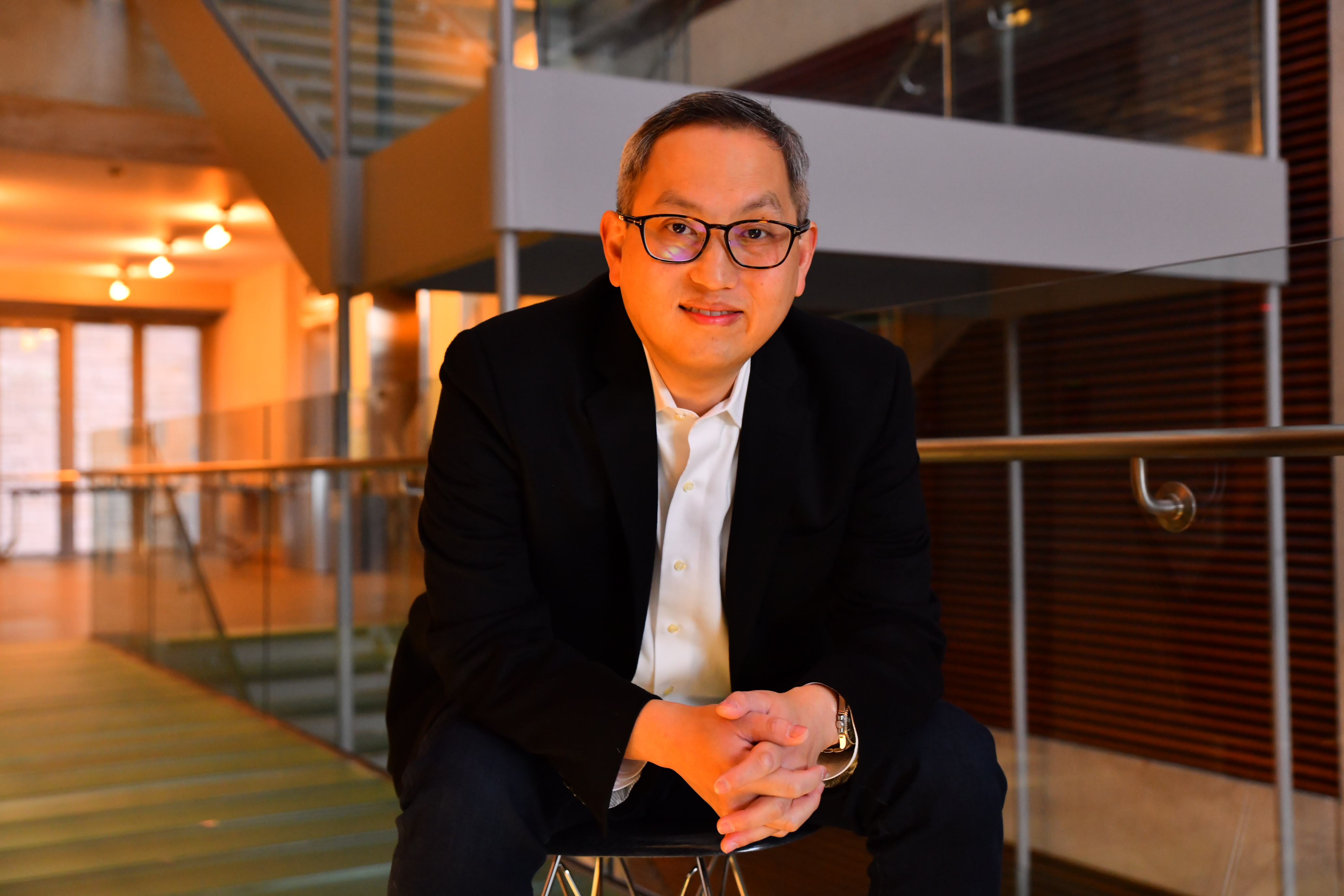Creating the foundation for a transformative enterprise: Boosted by early support from INVO, NanoGraf prepares to transform the battery market.
We’re crossing the chasm and at a place few lithium-ion startups ever reach, and those early days with INVO were critical to setting a foundation we could build upon.”
Francis Wang
NanoGraf CEO
 NanoGraf started simply enough.
NanoGraf started simply enough.
In 2012, a team of six business and engineering graduate students enrolled in NUvention: Energy and began investigating potential clean tech ventures. The group quickly focused its attention on the work of Northwestern Engineering professor Harold Kung, who was developing a battery anode technology to maximize energy density and enable longer device runtimes.
The students embraced Kung’s spirited research and developed a comprehensive business plan to commercialize the tech as the capstone project to their NUvention: Energy course.
Only the team – then called SiNode Systems – didn’t stop there. From consumer electronics to electric vehicles to national defense, the students saw intriguing market applications to Kung’s research.
With INVO’s support, the team incorporated their business, protected the intellectual property, and licensed Kung’s technology from the University. They then entered and won multiple business plan competitions, including the 2012 Cleantech Open Global Forum, the 2013 Rice Business Plan Competition, and the 2013 U.S. Department of Energy National Clean Energy Business Plan Competition.
Powered by those victories and Northwestern’s credibility, NanoGraf gained traction with investors and commercial interest, including earning contracts with the U.S. Department of Defense and the U.S. Advanced Battery Consortium led by America’s big three automakers.
A decade later, NanoGraf claims the world’s most energy dense battery – one boasting a run time up to 30 percent longer than its peers. Scalable and cost efficient as it drops into existing manufacturing processes, NanoGraf’s technology is poised to change the battery marketplace and increase the United States’ presence in the global battery supply chain.
In early 2023, the Chicago-based company closed its Series B funding round, a $65 million effort among the year’s largest clean tech venture capital rounds. And in 2024, NanoGraf will open a 20,000-square foot production facility on Chicago’s West Side that will create about 50 clean tech jobs and scale North American production of its silicon anode products.